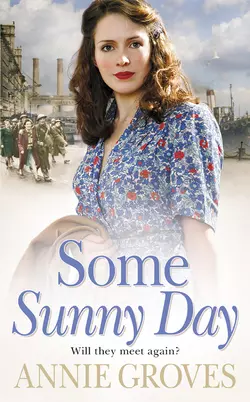Some Sunny Day

Annie Groves
Тип: электронная книга
Жанр: Современная зарубежная литература
Язык: на английском языке
Стоимость: 384.72 ₽
Статус: В продаже
Издательство: HarperCollins
Дата публикации: 17.04.2024
Отзывы: Пока нет Добавить отзыв
О книге: Some Sunny Day, электронная книга автора Annie Groves на английском языке, в жанре современная зарубежная литература